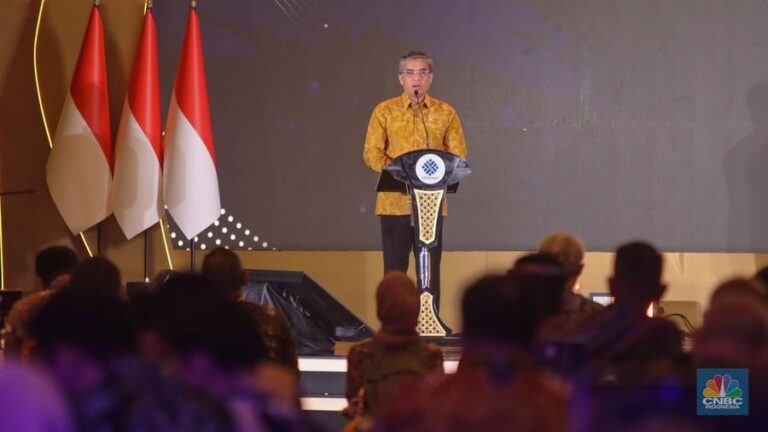As the United States braces for the transformative tide of artificial intelligence (AI), economist Glenn Hubbard emerges as a clarion voice, cautioning against the nation’s apparent lack of preparedness for the impending disruptions. In a candid exchange with Before the Bell, Hubbard elucidates the nuanced dynamics between AI, economic growth, and political inertia, painting a stark portrait of the challenges ahead.
Hubbard’s apprehensions are rooted in a sobering reality: the AI revolution looms large, poised to reshape industries, livelihoods, and societal structures. Yet, amidst the fervor of technological advancement, a glaring blind spot emerges in the corridors of power – a reluctance to confront the disruptive undercurrents accompanying AI proliferation.
Drawing parallels to a coin with growth on one side and disruption on the other, Hubbard underscores the need for a holistic discourse that embraces both facets. While growth remains an aspirational beacon, its realization hinges on society’s ability to navigate the choppy waters of disruption effectively. Herein lies the crux of Hubbard’s concern: a conspicuous absence of political will to grapple with the complexities of change.
The tempo of disruption is set to crescendo with AI’s accelerated integration into the fabric of daily life. Hubbard sounds a cautionary note, warning of a seismic shift that will test the resilience of individuals, communities, and economic systems alike. Against this backdrop, the dearth of proactive measures to buffer against the impending upheaval raises troubling questions about the nation’s readiness for the challenges ahead.
Central to Hubbard’s thesis is the imperative of governmental intervention in complementing market forces. While acknowledging the efficacy of corporate initiatives in driving AI innovation, he underscores the indispensability of public policy in fostering inclusive growth. From workforce retraining to community revitalization, Hubbard advocates for targeted interventions that empower individuals to thrive amidst technological flux.
Reflecting on recent legislative endeavors, Hubbard offers a tempered appraisal of their efficacy. While lauding initiatives such as the CHIPS Act and the Inflation Reduction Act, he cautions against a one-size-fits-all approach to economic stimulus. Instead, he calls for a strategic realignment of priorities towards bolstering research and fortifying national interests against the backdrop of escalating geopolitical competition.
In navigating the delicate balance between growth and inflation, Hubbard advocates for a nuanced approach that prioritizes supply-side productivity. By investing in foundational research and upskilling initiatives, he contends, the nation can chart a course towards sustainable economic expansion without exacerbating inflationary pressures.
However, the path ahead is fraught with challenges, chief among them the looming specter of fiscal indiscipline. Hubbard issues a sobering reminder of the fiscal constraints facing policymakers, urging prudent decision-making in the face of mounting debt obligations. Ultimately, Hubbard’s message resonates as a clarion call to action. As the nation stands at the precipice of a transformative era, the imperative of proactive policymaking looms large. By embracing the imperatives of inclusive growth, resilience, and foresight, the United States can navigate the turbulent waters of the AI revolution with confidence and conviction.









